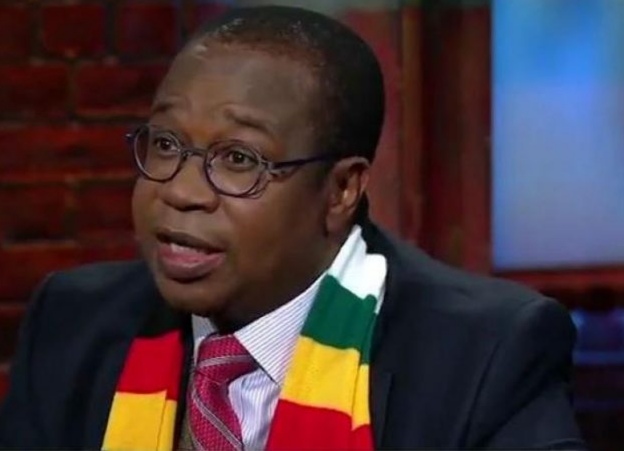Zimbabwe targets small deficits, lower inflation in budget speech
(Reuters) – Zimbabwe is targeting small budget deficits and a sharp drop in inflation in the coming years, its finance minister said on Thursday, as it tries to restore investor confidence shattered under longtime leader Robert Mugabe.
President Emmerson Mnangagwa, who ousted his former mentor in a 2017 coup, has struggled to revive an economy wrecked by hyperinflation and erratic policymaking under his predecessor.
But after two steep years of contraction in 2019 and 2020, the economy is projected to rebound by 7.8% this year, and Finance Minister Mthuli Ncube believes the recovery can continue.
Giving a budget speech in parliament, Ncube forecast economic growth of 5.5% next year and said the aim was for a deficit of 1.5% of gross domestic product (GDP) in 2022 and 1.7% of GDP in 2023.
He said fiscal policy would be prudent and the government would not resort to financing the deficit by printing money, as happened under Mugabe.
Average annual inflation is expected to fall from 94.6% in 2021 to 32.6% next year and 17.5% in 2023, a finance ministry presentation showed.
Mnangagwa has so far failed to mend relations with Western governments, which accuse his government of rights abuses and heavy-handed treatment of the opposition.
Zimbabwe’s economic woes are reflected in its currency, which was reintroduced in 2019, a decade after the country dollarised to tame hyperinflation.
The Zimbabwean dollar trades at a steep discount on a thriving black market, and a recent bout of weakness has hampered efforts to curb inflation.
Data on Thursday showed consumer inflation rose to 58.4% year on year in November from 54.5% in October.
The Thomson Reuters Trust Principles











